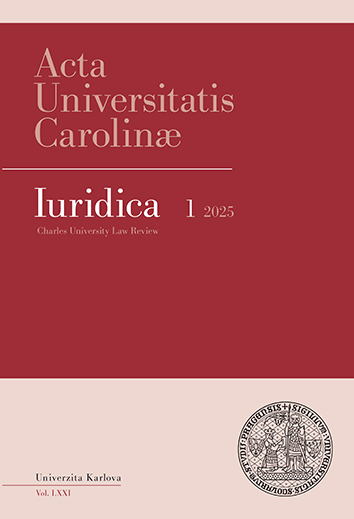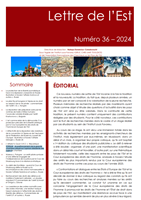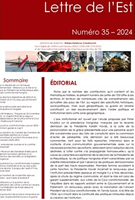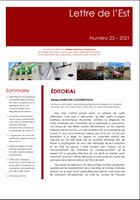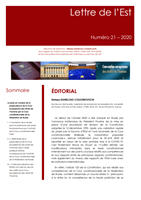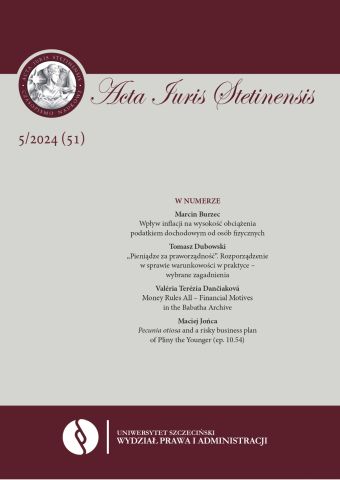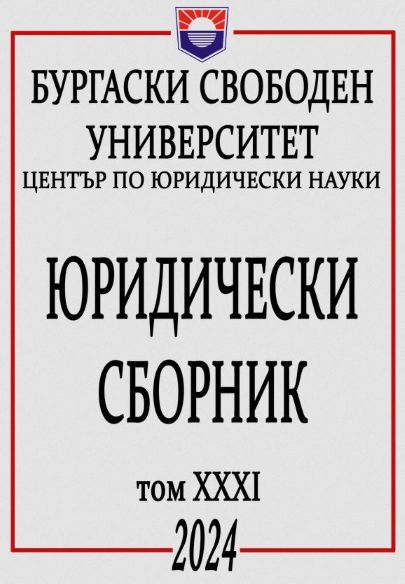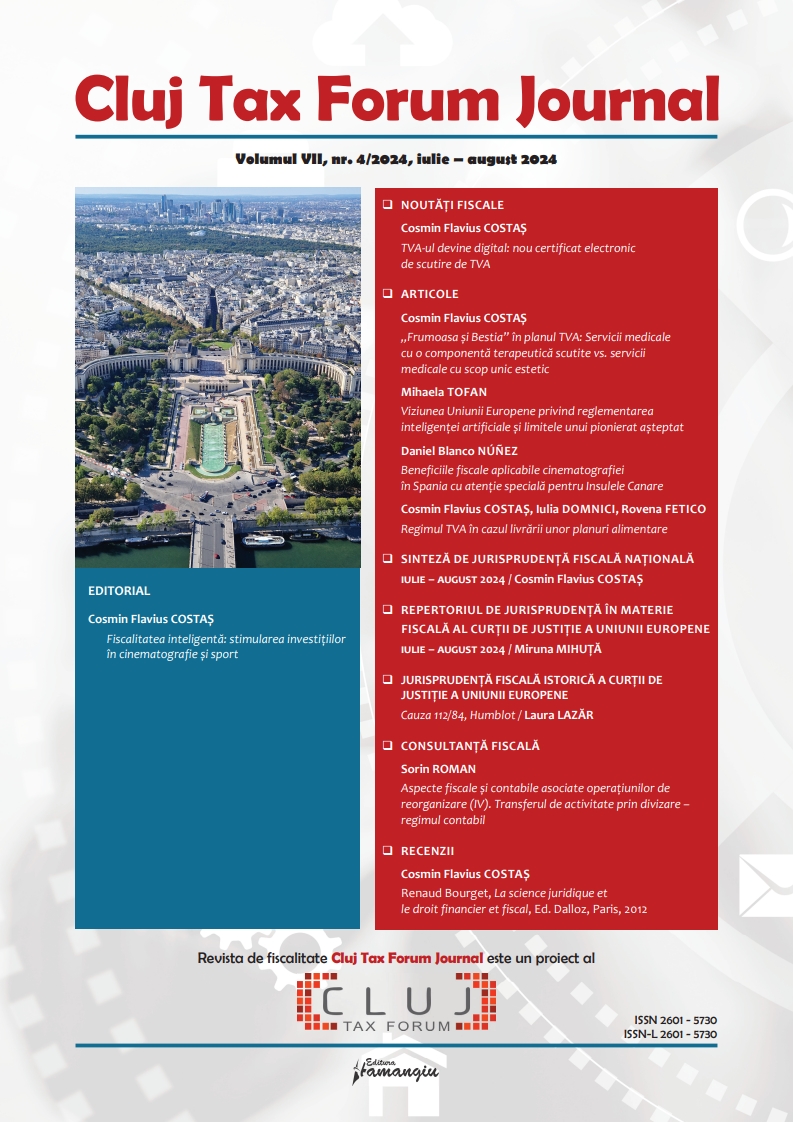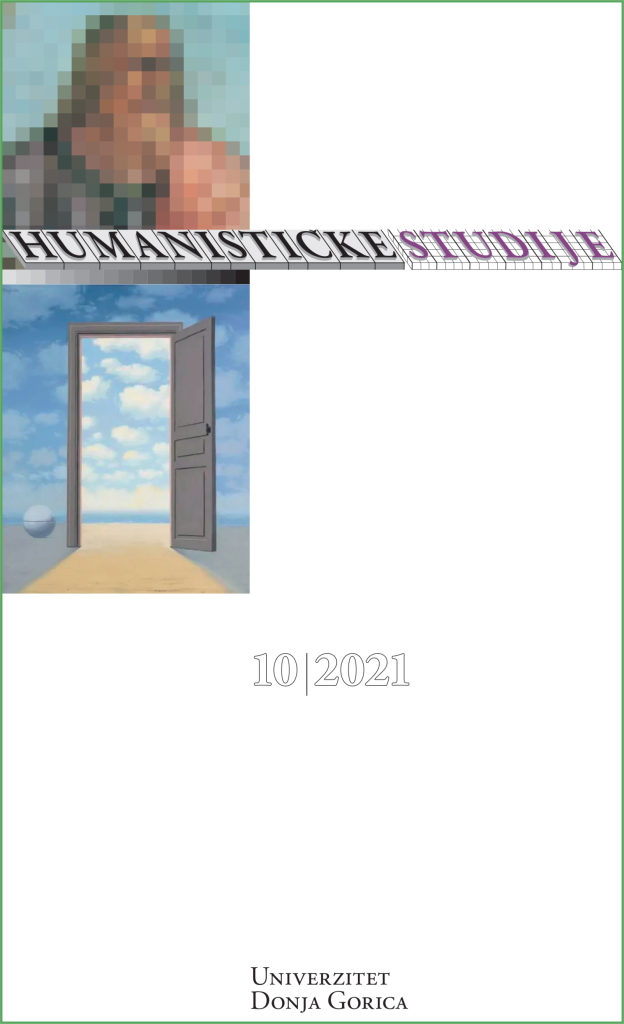Simple Reasons for Complex Issues of National vs. European Identity in the process of European Integration: Italian case
The creation of the European Union is one of the most important events of the twentieth century, which led to a radical change of political system in Europe. Of course, such a major reform was the result of a number of circumstances and factors. Having started to take shape long with the creation of the Community and the Union it is still essential to study integration process at the present stage. As a result, the contemporary process determining European collective identities is going through major changes as well. This paper is presenting the view of the Italian nation-state. It raises the question of Italy’s future, its interests as a nation as well as of its strategic and diplomatic ‘relative place in the world’. The discussion is concerned with the question whether the Europeanism will continue to be a priority of the Italian foreign policy paradigms in the times of the post-economic crisis period.
More...
